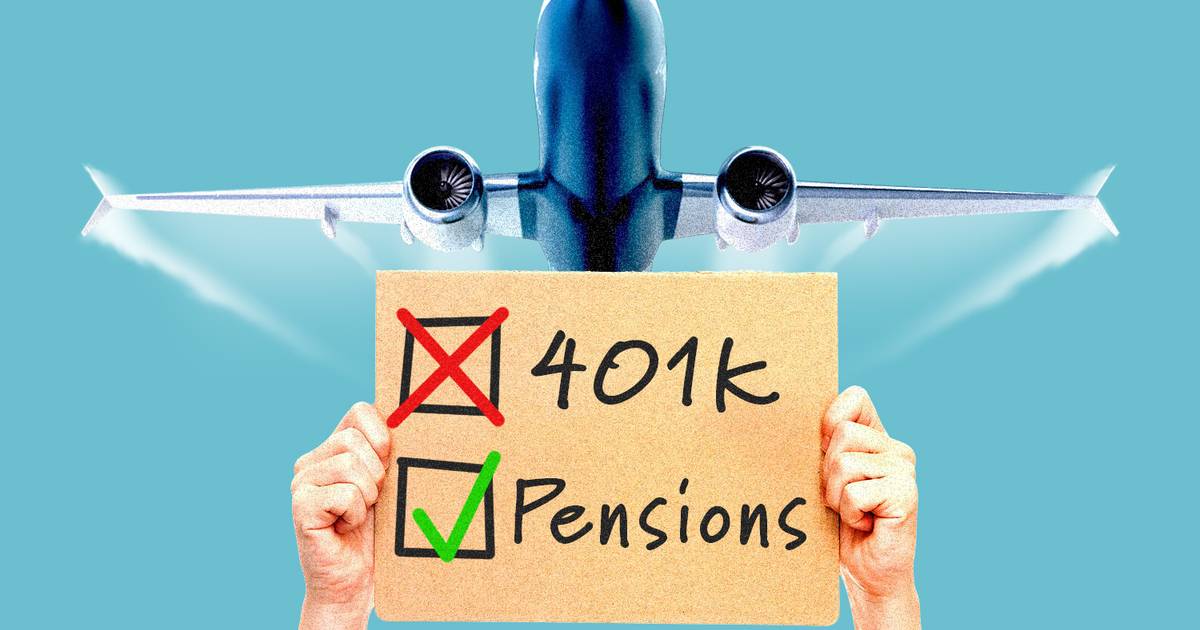
Quick-to-read HR news & insights
From recruiting and retention to company culture and the latest in HR tech, HR Brew delivers up-to-date industry news and tips to help HR pros stay nimble in today’s fast-changing business environment.
Boeing and the leadership of its striking union have reached a deal to end the costly work stoppage that has brought plane production to a virtual standstill. However, the Wall Street Journal reported that the contract doesn’t include one of the workers’ key demands: the revival of a traditional pension plan that was frozen over a decade ago. Boeing’s failure to meet that condition resulted in the 33,000 striking members of the International Association of Machinists and Aerospace Workers rejecting the company’s second offer late last month, the Associated Press reported.
A resurrection seems unlikely. The company said the issue was a nonstarter. “There is no scenario where the company reactivates a defined-benefit pension for this or any other population,” Boeing said in a statement. “They’re prohibitively expensive, and that’s why virtually all private employers have transitioned away from them to defined-contribution plans.”
Reinstating the pension could cost Boeing more than $1.6 billion a year, Bank of America analysts estimated. In the 1980s, about 40% of US private sector workers had a pension plan. That number has fallen to 10%, Jake Rosenfeld, chairman of the sociology department at Washington University-St. Louis, told the AP.
It seems unlikely that Boeing will acquiesce to workers’ demands. John Lowell, a partner at October Three, a consulting firm, said, “I don’t think, in my lifetime, we will ever see pensions as commonplace as they once were.”
However, Lowell said that some employers are offering pensions known as cash balance plans that differ from the traditional defined benefit plans that were popular years ago. IBM announced earlier this year it would resurrect its dormant pension plan—modifying to a cash balance plan that the company will automatically contribute 5% to employees.
In defined benefit plans, employees are guaranteed a set monthly payment based on their salaries and years of service. They do not contribute to the plan, and the monthly payment doesn’t change, even if the company is struggling financially or the pension fund’s investments sour.
In cash balance plans, employers place a percentage of an employee’s salary into a pooled trust and workers do not contribute. However, the monthly amount employees will eventually receive is derived by either a rate of return guaranteed by the employer or tied to the results of an investment vehicle such as government bonds or a mutual fund.
